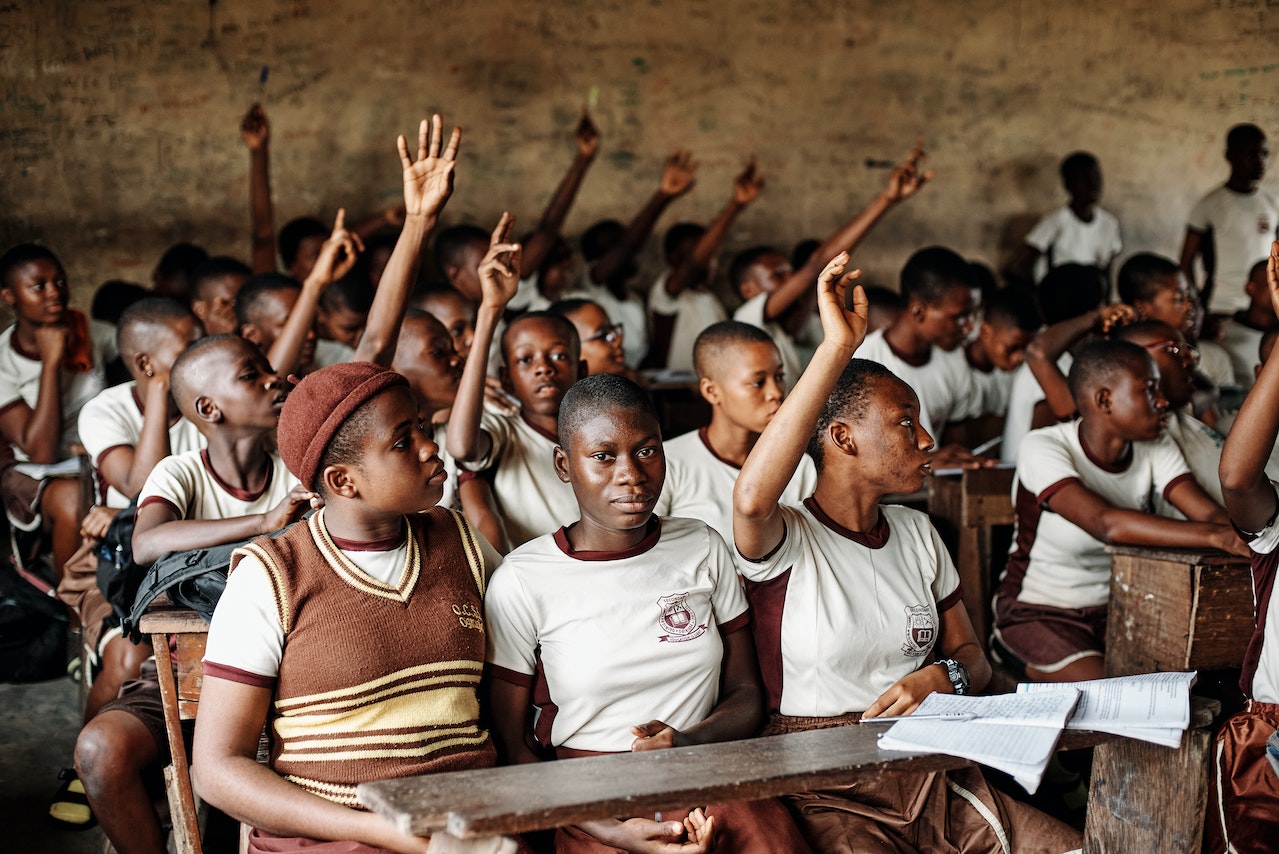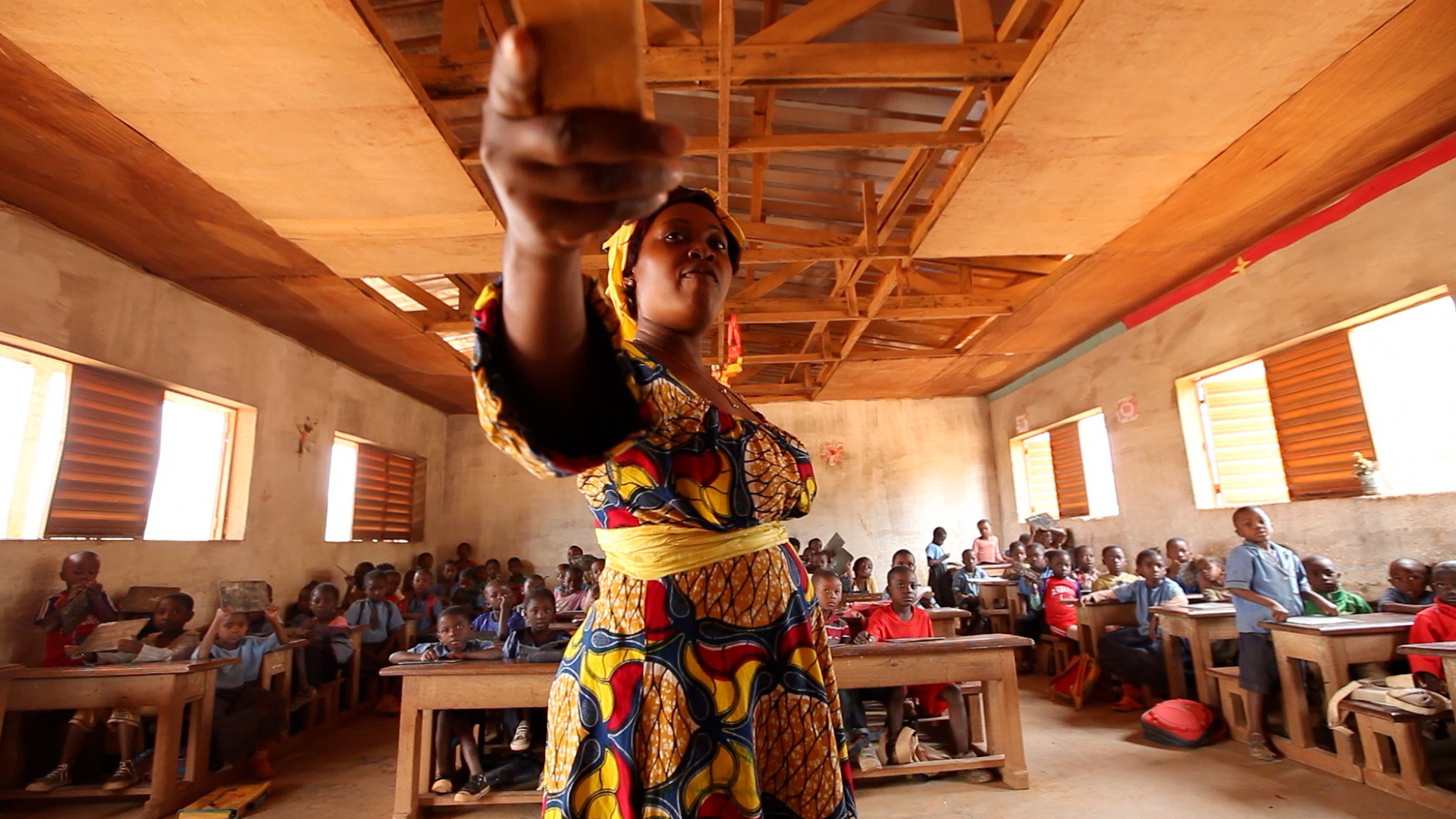The current system of academic publishing only works for a select few. It needs to be overhauled and replaced with a system that is more in tune with academic ideas and offers better value for money, writes Tim Glawion.
It’s an open secret that the academic publishing world is a mess. However, unlike other socio-economic phenomena that become less daunting as you learn more about them, the deeper you delve into publishing, the greater the concern. One ray of hope is the Open Science counter-movement, which holds a lot of promise and attracts dedicated individuals, many in Africa. Yet it lags behind the private sector in usability, accessibility, and reach.
Scholars continue to publish in high-impact journals, despite knowing the limitations of impact metrics, because they serve as recognisable benchmarks in the highly competitive academic job market. Academics tolerate publishing oligopolies’ predatory article processing charges (APCs) of up to £8,000 that bear no relation to the cost of publishing because research institutions will pay these fees. This reinforces the dominance of these research institutions. The system further marginalises those who cannot afford the “open access” fees, which leads to their work being cited less.
Journal editors have often signed with or stayed with big publishers because these publishers simplify their tasks: they negotiate impact factors with Clarivate (sorry to burst the bubble that this number is objective), submit articles to databases, provide copyediting, typesetting, archiving, and more. Setting up a new independent journal quickly shows the challenges of handling these responsibilities without support.
The capitalist production of science undermines its quality. In scholarly publishing, if profits are tied to the APCs of articles, there is an incentive to increase the number of submissions, to the detriment of the quality assurance processes. This might explain the recent proliferation of in-house journals and series by large publishers and the disproportionate increase in the total number of published articles compared with doctorates issued.
The non-capitalist publishing alternatives align more closely with academic principles of free scholarly exchange and public outreach, but they are often too complicated. For example, hosting a journal using the Open Journal System requires the use of web development and online database tools, which is a daunting task for most users. We need more publicly funded institutions to offer the comprehensive services that only large publishers with significant profit margins currently provide.
They are rare, but they do exist. For instance, Science for Africa funds and connects Open Science projects, the Public Knowledge Project enables journal hosting, and Open Research Europe publishes through open peer review. North American or European university librarians can provide a surprising range of in-house not-for-profit publishing services tailored to academic needs.
So why aren’t they more widely known and used? European science funders have opted to create parallel tracks, doubling the financial burden on taxpayers rather than reducing it. For example, many institutions fund the overpriced APCs of large publishers through public science funds, the same funds which are supposed to support independent Open Access journals. It’s like supporting both David and Goliath. Other than habit, there doesn’t seem to be any reason for this to continue.
A new system
If we want to move away from the current broken system, we must make it more complicated to make huge profits, and we must make Open Science simpler, and journals and articles should be evaluated separately.
First, we need a clear alternative to the Journal Impact Factor. Unfortunately, current “alternatives” are merely variations of quantified metrics. Journals should be ranked on the quality of service they offer authors through meaningful review processes and professional editing. This would create a race to the top in scholarly services.
Second, we need to reassess what articles signify for academic careers. There is a trend toward measuring an academic’s worth through journal rank of respective articles, personal citation scores, and publication counts. We need a straightforward alternative that quickly conveys a scholar’s standing. A relational score. There is a potential for Artificial Intelligence to be used to analyse an author’s articles and reflect the types and depths of methods, theories, and empirics used. Hiring committees should look for the right fit for the team, not just the biggest hit.
Third, we must stop paying APCs. Instead, we need long-term funding for Open Access journals hosted by academic institutions, not only in Europe but globally, especially in Africa, where research and publishing funds are scarce. This funding must collaborate with local publishers to professionalise the OA movement. We must prevent it from becoming as US-Eurocentric as the overall higher education sector, where Global South scholars are often treated as guests and forced to engage with white logic and white methods before their value is recognised. Localisation is not contradictory to global scholarship but can help integrate indigenous knowledge and decolonising epistemologies into global scholarship.
Shifting from APC funding to journal and infrastructure funding is a political decision that will not cost taxpayers more and may even save money. This is an ongoing debate about how we fund academic research and publishing. But, as we seek to establish the new system it’s worth asking: Can we keep it simple, scholars?
Photo credit: LSE





